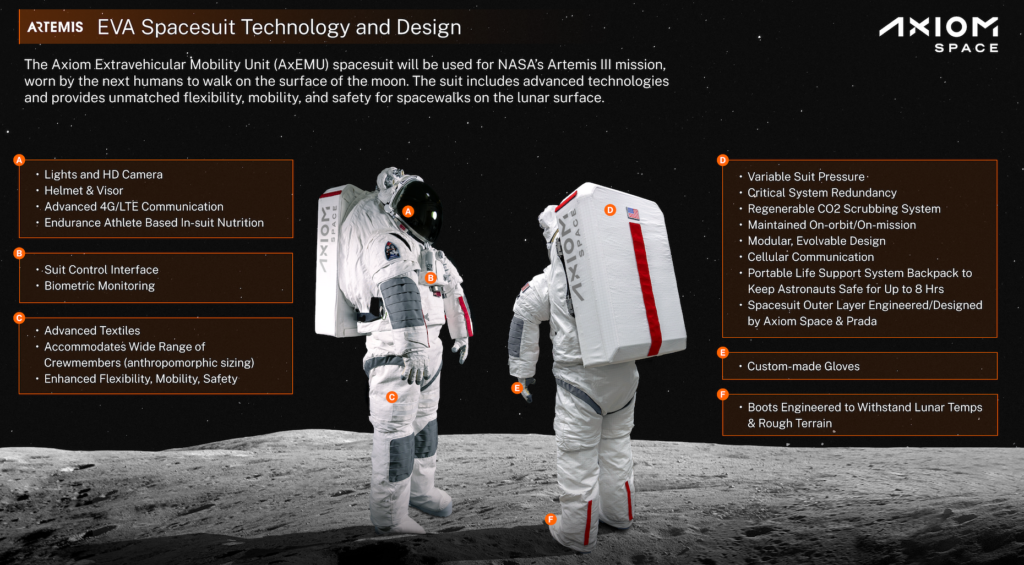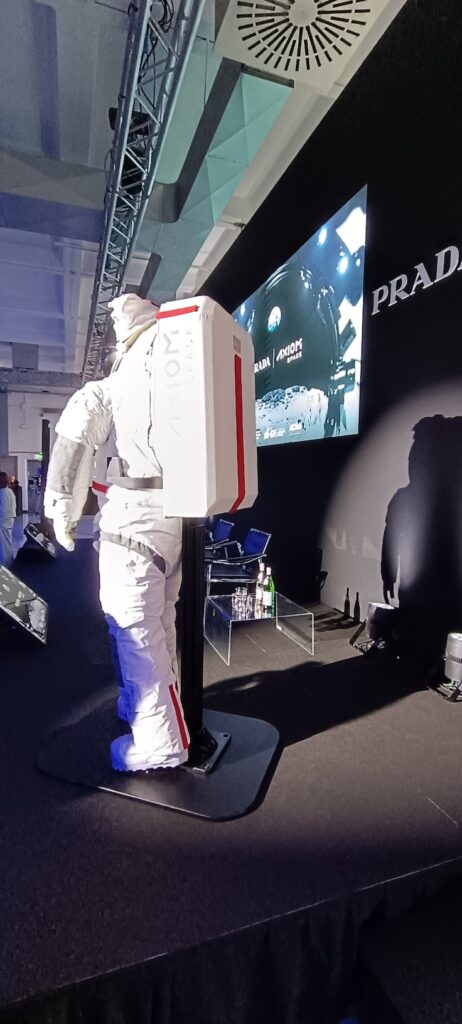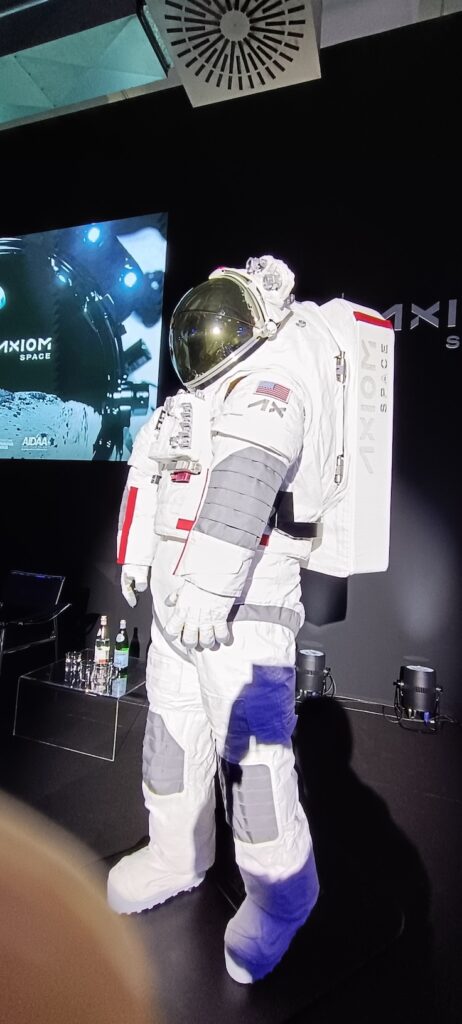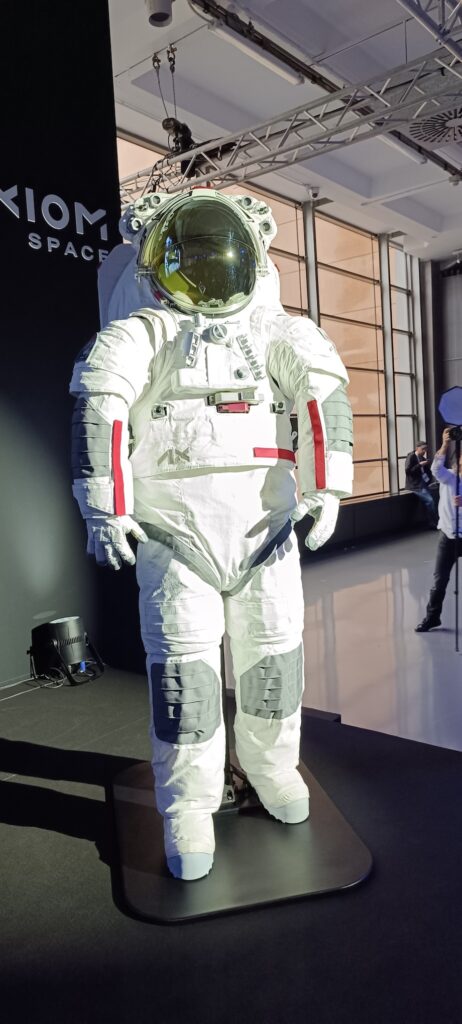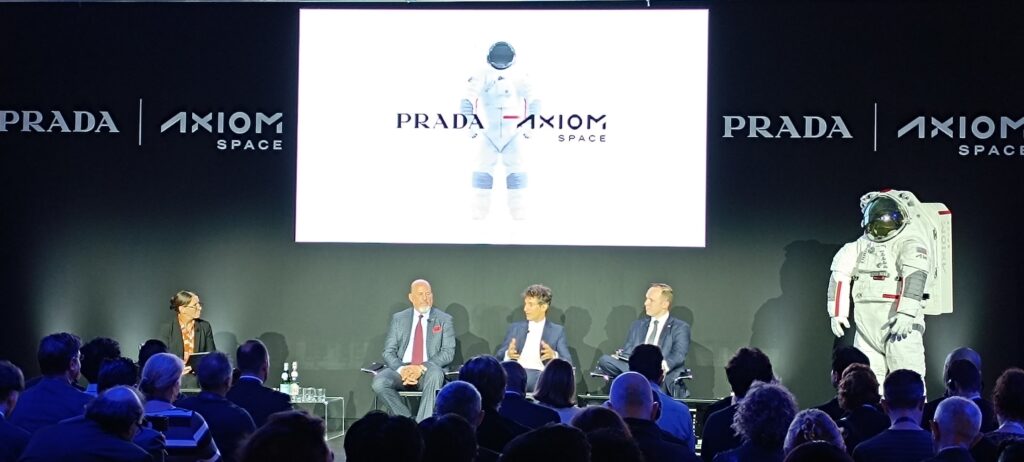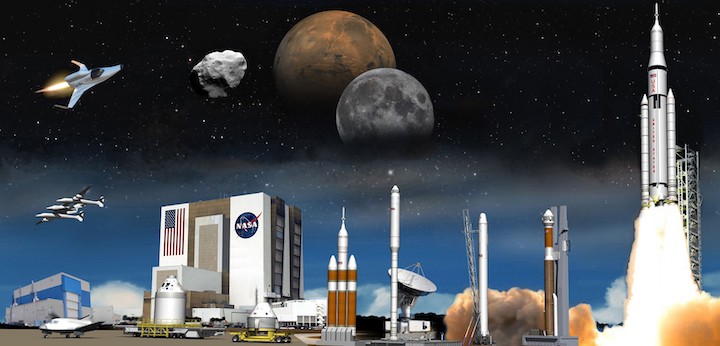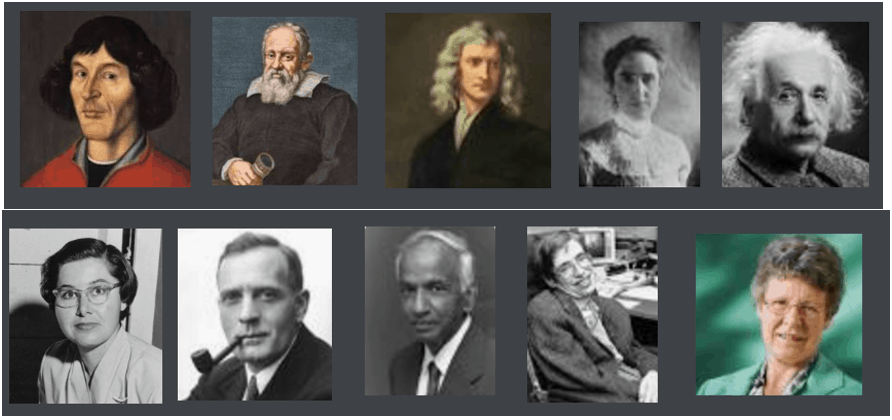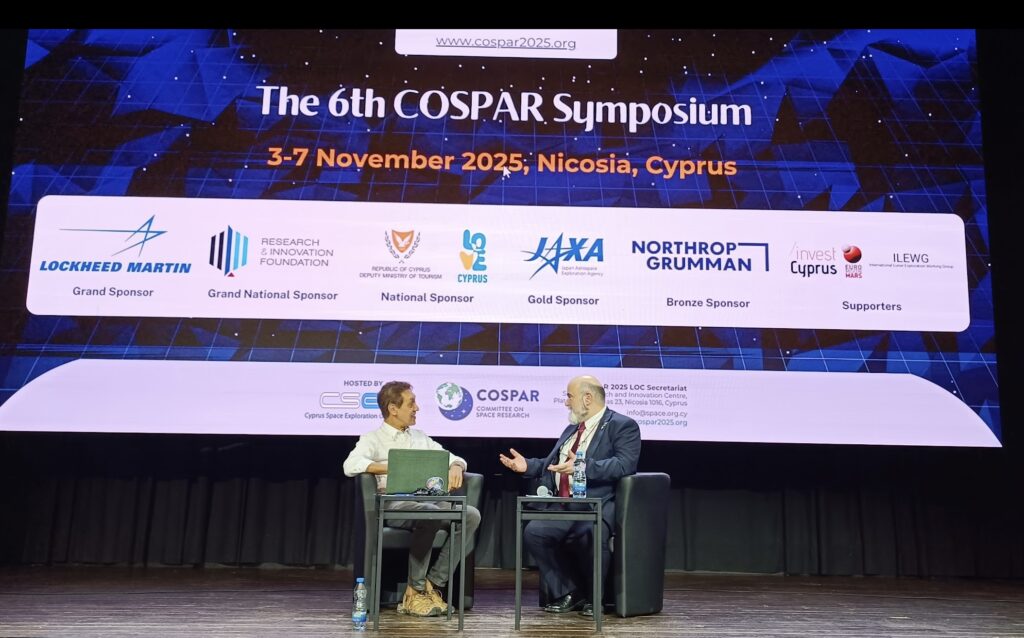
Cyprus is a small country with a small economy with big ambitions in space. George Danos is the president of the Cyprus Space Exploration Organisation and is considered by some as Cyprus’s Carl Sagan. He has been championing the case for space in Cyprus for years.
In this episode, recorded during Cospar 2025 in Nicosia, he describes the rise of Cyprus’s space activities in communication services, small satellites, collaboration with ESA and more.
- As President of the Cyprus Space Exploration Organisation (CSO), George Danos has been pivotal in advancing Cyprus’s space programme, particularly regarding international partnerships, infrastructure development, and commercialisation.
- CSO created spin-off companies, such as Space System Solutions, to promote technology transfer.
- Cyprus recently achieved Associate Membership status within the European Space Agency (ESA).
- George Danos spearheaded CSO’s major role in achieving the ESA PECs (Plan for European Cooperating States since around 2016.
- Establishing the International Space Innovation Centre (CSpark) in Cyprus
- The first fully integrated Cypriot CubeSat is targeted for readiness by 2026.
- CSO signed an MOU with Japan’s IHI for new-generation secure maritime communication and India’s Pixxel space, focusing on hyperspectral Earth observation sensors.
Podcast: Play in new window | Download (Duration: 48:50 — 40.8MB) | Embed
Subscribe: Apple Podcasts | Spotify | RSS | More
